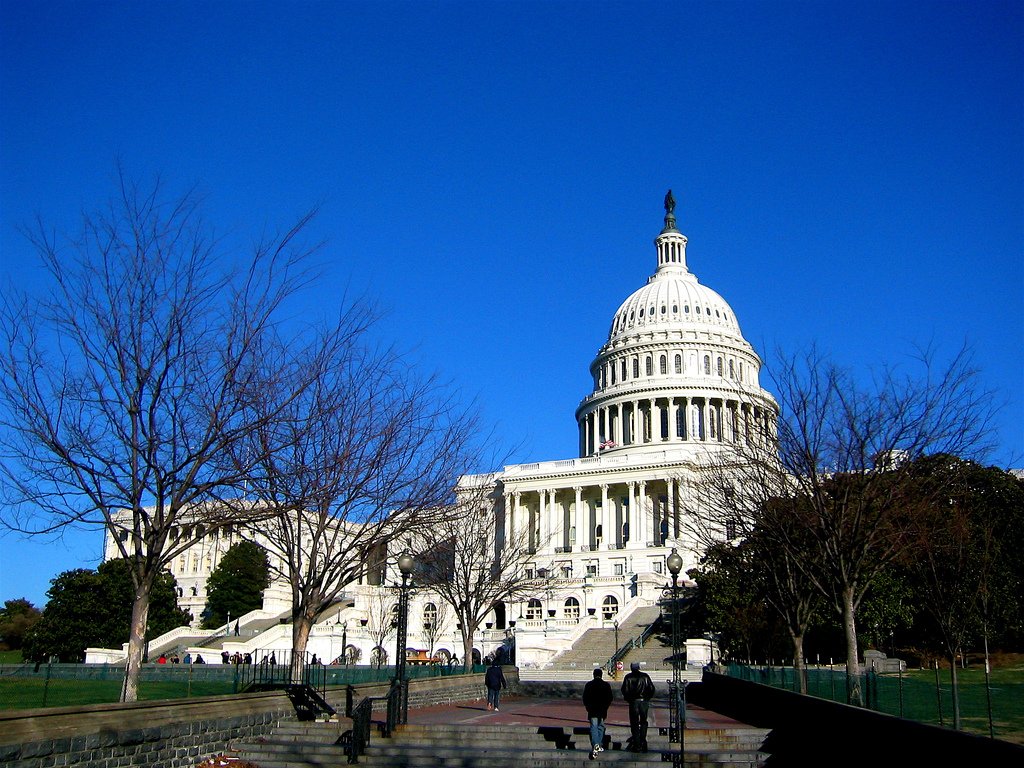Top Capitol Hill negotiators have reached an agreement on a spending bill to keep the government running until September 30.
The bipartisan deal boosts military spending but does not include funding for President Donald Trump’s proposed wall on the Mexico border.
The reported $1 trillion-deal needs to be approved by lawmakers.
On April 28, Congress approved a stop-gap spending bill that averted a government shutdown at midnight on that day.
That gave Congress one more week to work out federal spending for the last five months of the fiscal year.
Lawmakers are expected to vote on the package in the coming days.
The failure to act would have closed national parks and monuments and laid off federal employees.
The last shutdown, in 2013, lasted for 17 days.
Full details of the agreement on a spending bill are yet to be made public.

However, media reports that it gives President Donald Trump a $12.5 billion increase in defense spending and another $1.5 billion for border security.
White House proposals to cut popular programs – such as funding medical research and community development grants – were rejected.
Democrats also fended off potential cuts to women’s healthcare provider Planned Parenthood.
New York City will reportedly receive a $68 million boost for local law enforcement, in recompense for the cost of protecting President Trump and his family.
The deal also gives coal miners $1.3 billion in health benefits, which will be funded by a rise in customs fees.
There were a number of key disputes during tense negotiations, and Republicans – who control the Congress, Senate and White House – were forced to make concessions.
Democrats had leverage in the talks because their votes will be needed to pass the bill.
The Senate requires 60 votes to pass legislation, so the 52 Republicans there will need support from at least eight Democrats.
President Donald Trump earlier had to yield to Democratic demands not to include funding for the proposed wall on the US-Mexico border in the spending bill.
Another concession was over ObamaCare, formally known as the Affordable Care Act.
President Trump made scrapping it a key campaign pledge, but divisions among Republicans have so far prevented attempts to get his own health plan through Congress.
In a statement on April 30, Senate Democratic leader Chuck Schumer called the deal “a good agreement for the American people” that “takes the threat of a government shutdown off the table”.
Chuck Schumer said the measure would increase investment in medical research, education, and infrastructure.
John Czwartacki, a spokesman for the White House Office of Management and Budget, said: “Reports that the package makes a major down payment towards the president’s security priorities are encouraging.”
